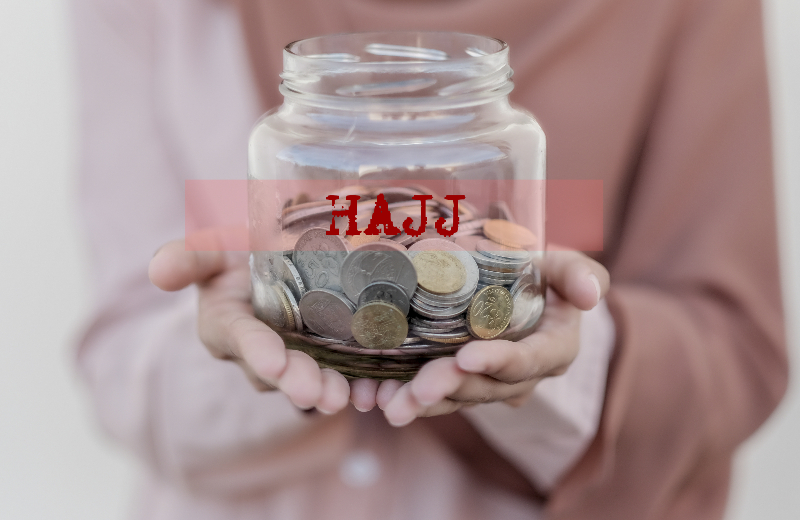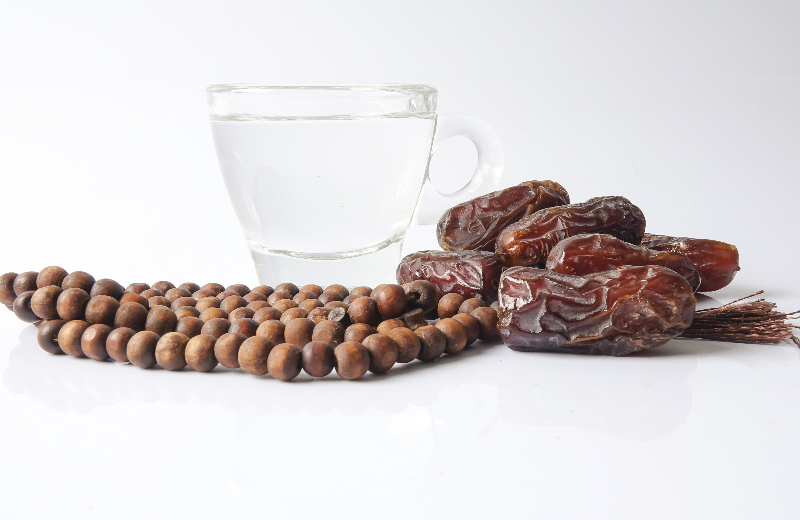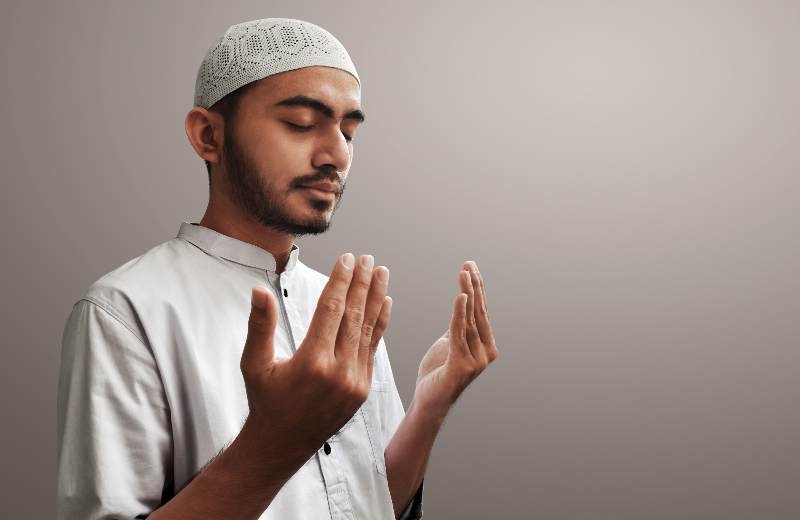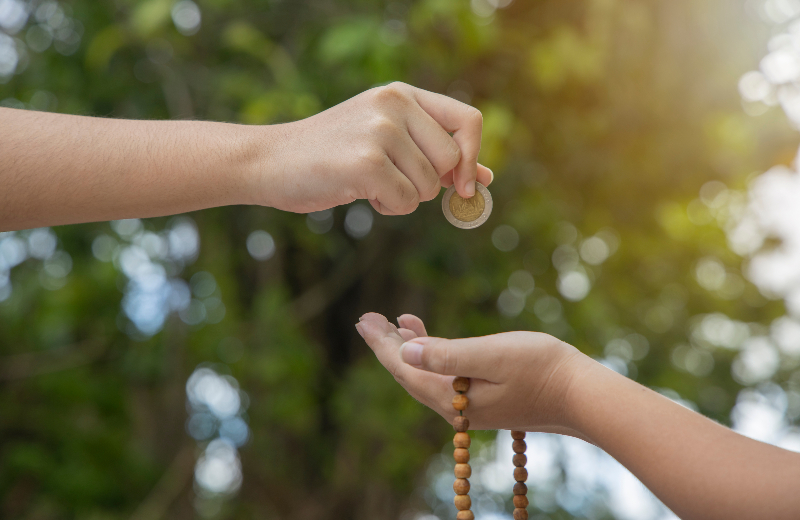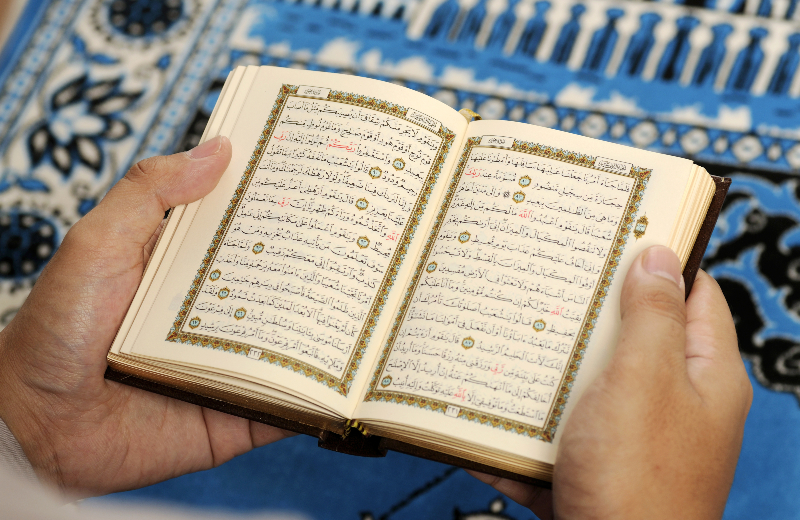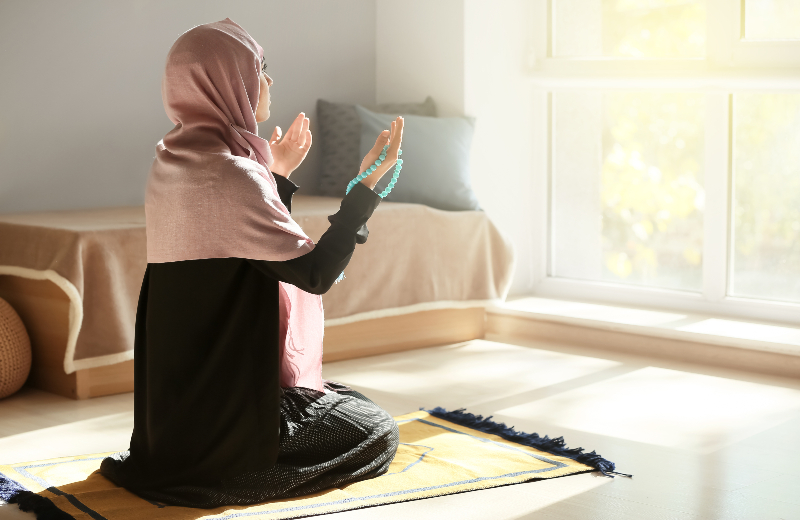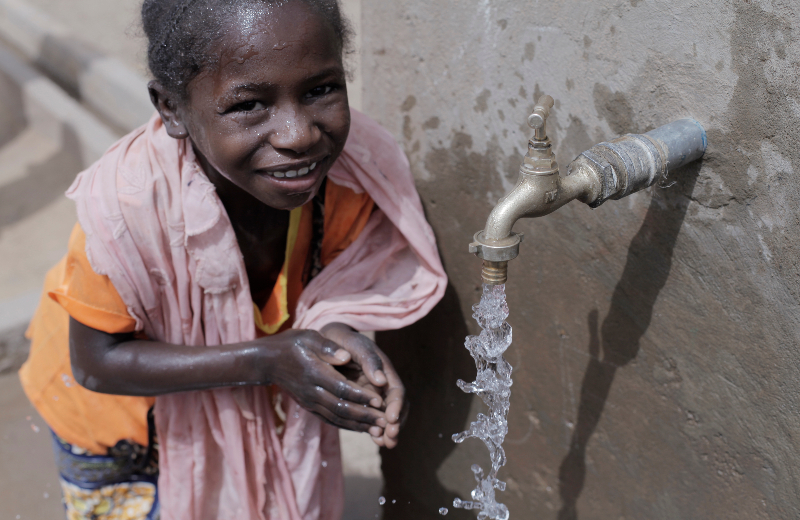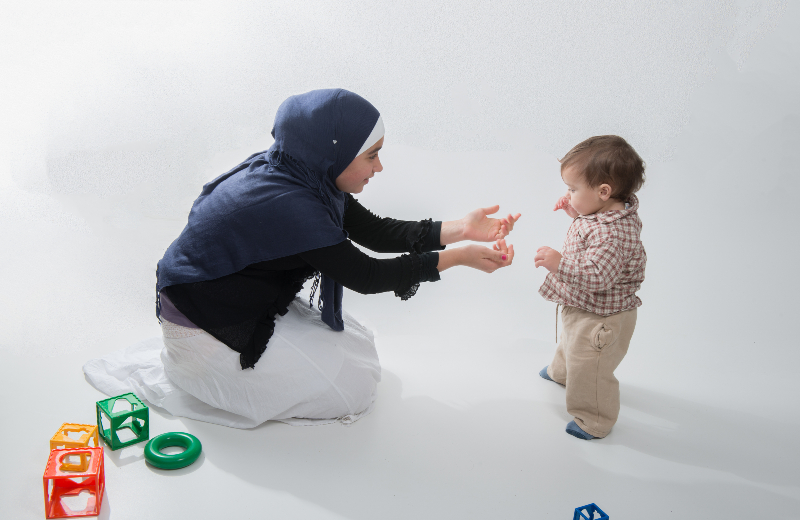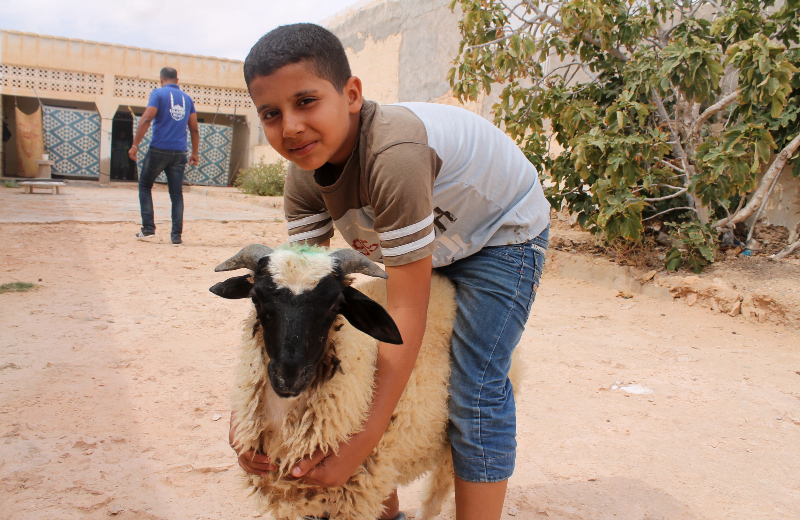As Muslims, we’re advised to fast during the first nine days of Dhul Hijjah, especially on the ninth day – the blessed day of ‘Arafah.
Prophet Muhammad (SAW) said:
“There are no days more beloved to Allah that He be worshipped in them than the ten days of Dhul Hijjah, fasting every day of them is equivalent to fasting a year; and standing every night of them (in Salah) is equivalent to standing on the Night of Qadr.“ (Tirmidhi)
The blessing of fasting on the Day of ‘Arafah in particular is that Allah (SWT) removes our wrongdoings from the previous year and the year to come, subhanAllah!
If we abstain from eating, drinking and engaging in sexual relations from dawn to sunset, then our fast will be accepted, insha’Allah. We should also guard our tongues from backbiting, spreading gossip, obscenity and lies.
Likewise, we must guard our ears and avoid listening to such things. When we break our fast, we shouldn’t overeat so we can avoid becoming lethargic and ensure that we can get up and pray late-night prayers such as Tahajjud.
Finally, when we’ve finished our fast, we shouldn’t simply expect that it was ‘good enough’, but rather we should feel grateful to Allah. We should approach all our ibadah (acts of worship) with balance: between fear and hope – having hope in Allah, but also not taking His mercy for granted, so that we continue to strive to please Him.
4. Repent
